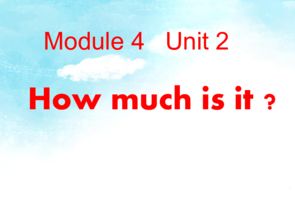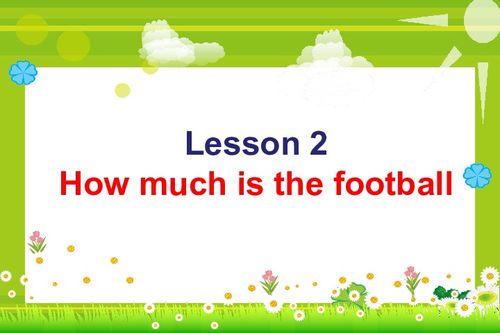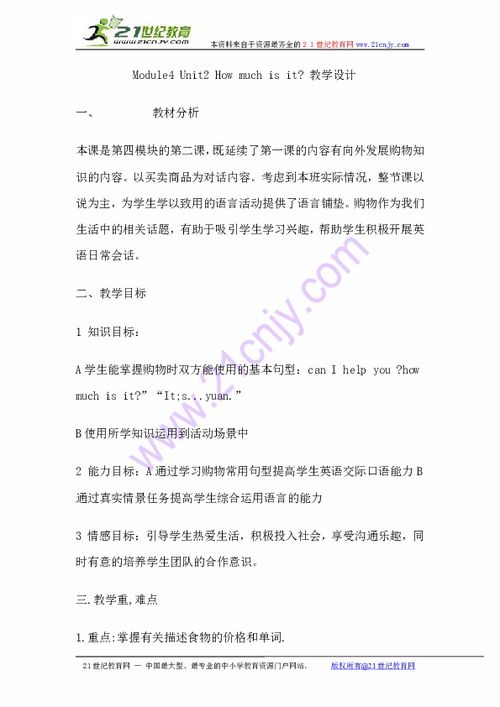
How Much is 2 Bits?
Understanding the value of 2 bits can be a bit confusing, especially if you’re not familiar with the intricacies of digital data representation. In this article, we delve into the various dimensions of what 2 bits represent, from their historical significance to their contemporary applications.
Historical Perspective

In the early days of computing, bits were the fundamental building blocks of digital information. A bit, short for binary digit, can have one of two values: 0 or 1. Therefore, 2 bits can represent four different combinations: 00, 01, 10, and 11. This binary system, which is the foundation of all digital computing, has been in use since the 1940s.
Computational Value

In terms of computational value, 2 bits are not very significant on their own. However, they play a crucial role in the larger context of data representation. For instance, 2 bits can represent a single hexadecimal digit, which is a base-16 number system used in computing. This means that 2 bits can be used to encode 16 different values, from 0 to 15.
| Hexadecimal Value | Binary Representation |
|---|---|
| 0 | 0000 |
| 1 | 0001 |
| 2 | 0010 |
| 3 | 0011 |
| 4 | 0100 |
| 5 | 0101 |
| 6 | 0110 |
| 7 | 0111 |
| 8 | 1000 |
| 9 | 1001 |
| A | 1010 |
| B | 1011 |
| C | 1100 |
| D | 1101 |
| E | 1110 |
| F | 1111 |
As you can see from the table, 2 bits can represent a wide range of values, making them versatile in various computing applications.
Modern Applications

In today’s digital world, 2 bits are still widely used, albeit in more subtle ways. Here are some examples of how 2 bits are employed in modern technology:
-
Color Representation: In the RGB color model, which is used to represent colors on digital screens, each color channel (red, green, and blue) is represented by 8 bits. However, the total color depth can be reduced to 2 bits per channel, resulting in a total of 6 bits for the RGB value. This allows for a limited color palette, which is often used in early video games and simple graphics applications.
-
Audio Compression: In audio compression algorithms, such as MP3, 2 bits can be used to represent a single sample of audio data. This helps reduce the file size of audio files without significantly compromising quality.
-
Data Encoding: In some data encoding schemes, 2 bits can be used to represent a single character or symbol. This is particularly useful in scenarios where a limited character set is required, such as in early computer programming languages.
Related Posts
32-bit creality 4.2.2 board stm32f103,32-bit Creality 4.2.2 Board: A Comprehensive Overview for STM32F103 Users
32-bit Creality 4.2.2 Board: A…
apowermirror download for pc 64 bit,APowerMirror Download for PC 64-bit: A Comprehensive Guide
APowerMirror Download for PC 6…
Related Posts
32-bit creality 4.2.2 board stm32f103,32-bit Creality 4.2.2 Board: A Comprehensive Overview for STM32F103 Users
32-bit Creality 4.2.2 Board: A…
apowermirror download for pc 64 bit,APowerMirror Download for PC 64-bit: A Comprehensive Guide
APowerMirror Download for PC 6…





